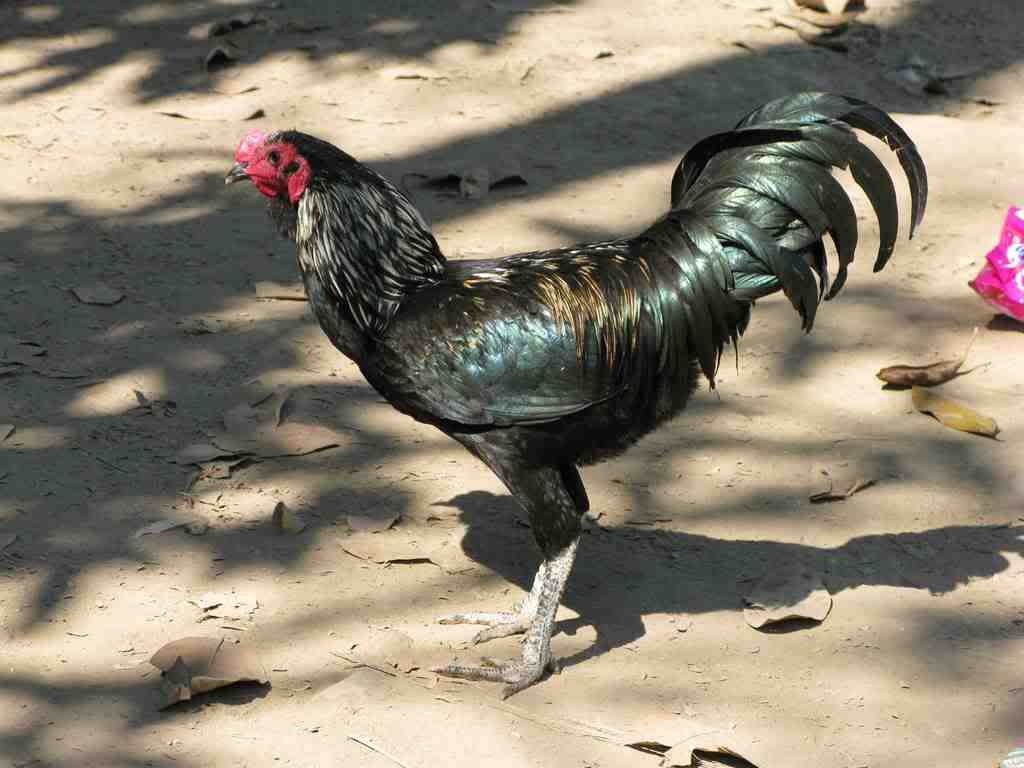 USA Today reports that 1,500 dogs in northeast China have died as a result of kidney stones after consuming melamine-contaminated animal feed. The cause of death was determined by necropsy (animal autopsy); kidney stones removed from the dogs were composed of 25% melamine by weight.
USA Today reports that 1,500 dogs in northeast China have died as a result of kidney stones after consuming melamine-contaminated animal feed. The cause of death was determined by necropsy (animal autopsy); kidney stones removed from the dogs were composed of 25% melamine by weight.This story will resonate with pet owners in the US and Canada. Melamine-adulterated wheat gluten and rice protein imported from China was responsible for the deaths of more than 300 cats and dogs, and the illness of thousands more in 2007. Menu Foods – a major manufacturer and co-packer of pet food – and the pet food companies that it serviced were forced to recall hundreds of production lots of pet foods as a result of the adulteration.
 Taiwan has reported melamine in ammonium bicarbonate – a leavening agent – imported from mainland China. Ammonium bicarbonate is used in the manufacture of baked goods such as crackers, cookies, and some breads. It is also added to seaweed and octopus to make them more chewy.
Taiwan has reported melamine in ammonium bicarbonate – a leavening agent – imported from mainland China. Ammonium bicarbonate is used in the manufacture of baked goods such as crackers, cookies, and some breads. It is also added to seaweed and octopus to make them more chewy. The Hebei Province (China) supplier of the ammonium bicarbonate said that it was looking into how its product might have become contaminated. It appears, though, that the problem is not limited to just one chemical company. The China Post report indicates that ammonium bicarbonate from a second manufacturer also has been found to contain melamine.
 Mitsui & Co. (Japan) has detected melamine in egg powder that it imported from mainland China. The Japanese company carried out its tests after being informed by its Chinese supplier that there was melamine in the egg powder and also in the company's poultry feed. Egg powder is used to produce mayonnaise and salad dressings. It is also an ingredient in a wide variety of baked goods and other foods. The Japanese Health Ministry also detected melamine in frozen fried chicken from China.
Mitsui & Co. (Japan) has detected melamine in egg powder that it imported from mainland China. The Japanese company carried out its tests after being informed by its Chinese supplier that there was melamine in the egg powder and also in the company's poultry feed. Egg powder is used to produce mayonnaise and salad dressings. It is also an ingredient in a wide variety of baked goods and other foods. The Japanese Health Ministry also detected melamine in frozen fried chicken from China. On October 18th, Hong Kong reported finding melamine in two varieties of Munchy's Mini Crackers. The baked crackers, manufactured by Munchy Food Industries, were imported from Malaysia. But the CEO of Munchy, C.K. Tan, insists that his company does not use any Chinese dairy products to manufacture their crackers and wafers.
On October 18th, Hong Kong reported finding melamine in two varieties of Munchy's Mini Crackers. The baked crackers, manufactured by Munchy Food Industries, were imported from Malaysia. But the CEO of Munchy, C.K. Tan, insists that his company does not use any Chinese dairy products to manufacture their crackers and wafers. Could ammonium bicarbonate, a common leavening agent for crackers and wafers, be the culprit here, too? The Malaysian Health Ministry, concerned about the possible contamination of buns and breads, reportedly is looking into this newly recognized source of melamine contamination.
So far, very little notice has been taken of this expanded melamine threat outside of Asia. Australia, New Zealand, the European Union, and the United States are all focusing their attention on products that contain a dairy ingredient. Last Friday, though, Canada announced that it was extending its Border Alert to include "... dairy ingredients and soybean meal originating from China intended for use as livestock feed..."
The Canadian Food Inspection Agency will detain these items at the Port of Entry unless the importer can provide a clean certificate of analysis – no detectable melamine or cyanuric acid – from a lab accredited by the Standards Council of Canada. Shipments that are not accompanied by such a certificate will be held until CFIA carries out its own lab analysis.
China's melamine adulteration problem clearly has spread its tentacles well beyond the dairy sector. It's time for countries that import foods, food ingredients, and animal feeds from the People's Republic of China to recognized the risk and act to protect their citizens by following Canada's lead, and by extending this approach to encompass all imports from China that are destined for animal feed or human consumption.
Based on past experience, there is no reason to believe that China will clean up its act, unless it is pressured to do so by its international customers.





No comments:
Post a Comment
Note: Only a member of this blog may post a comment.